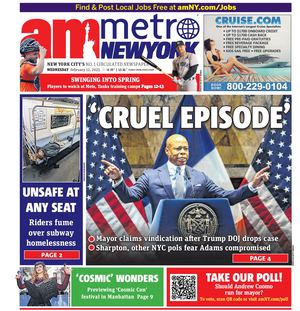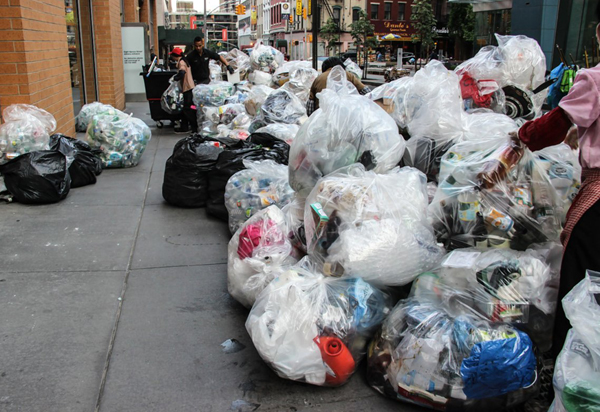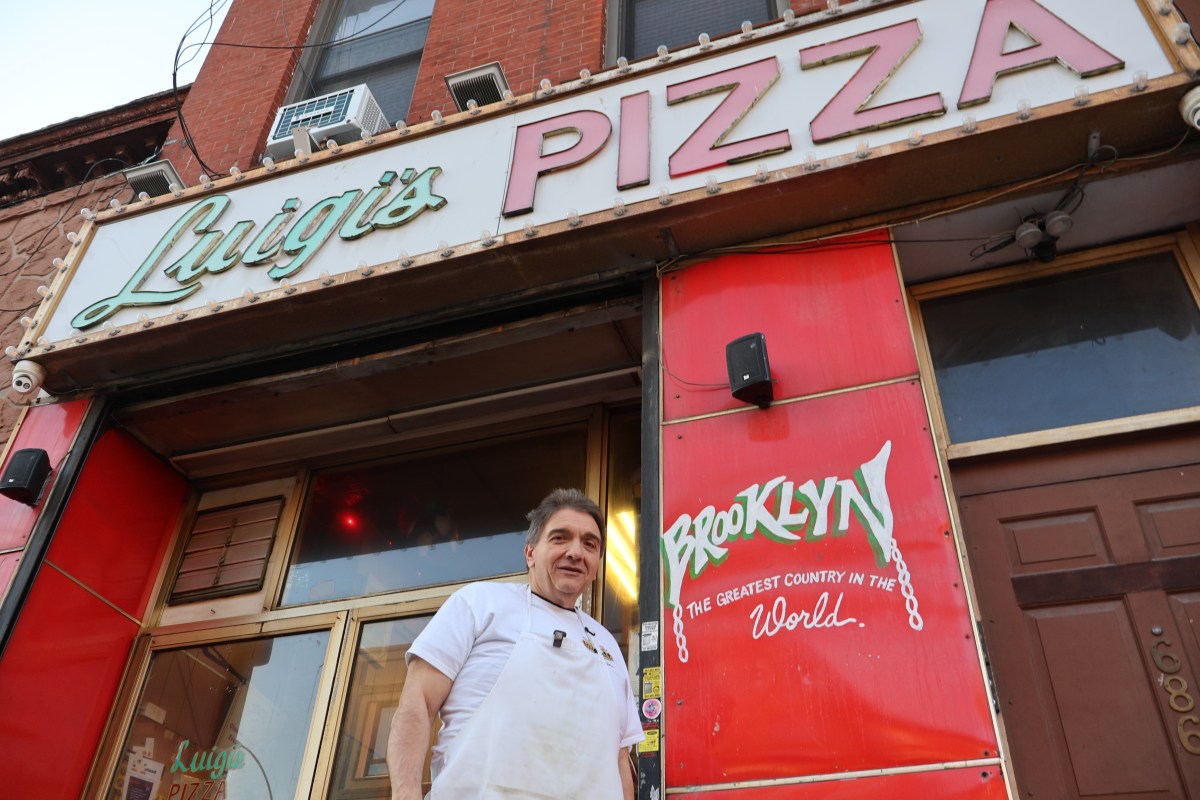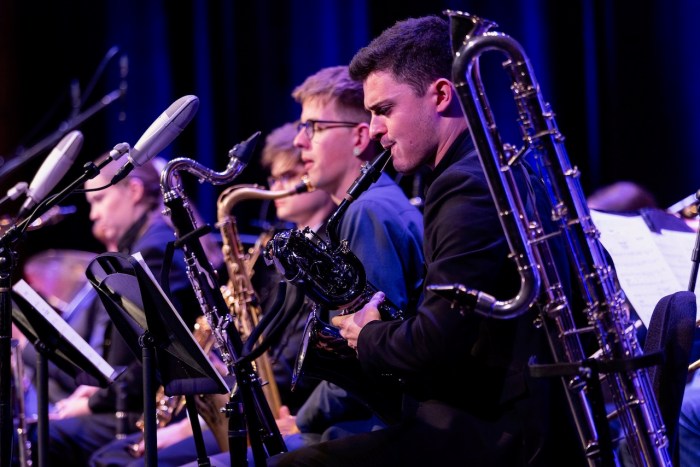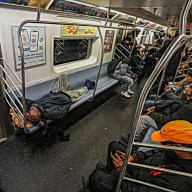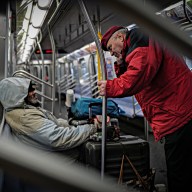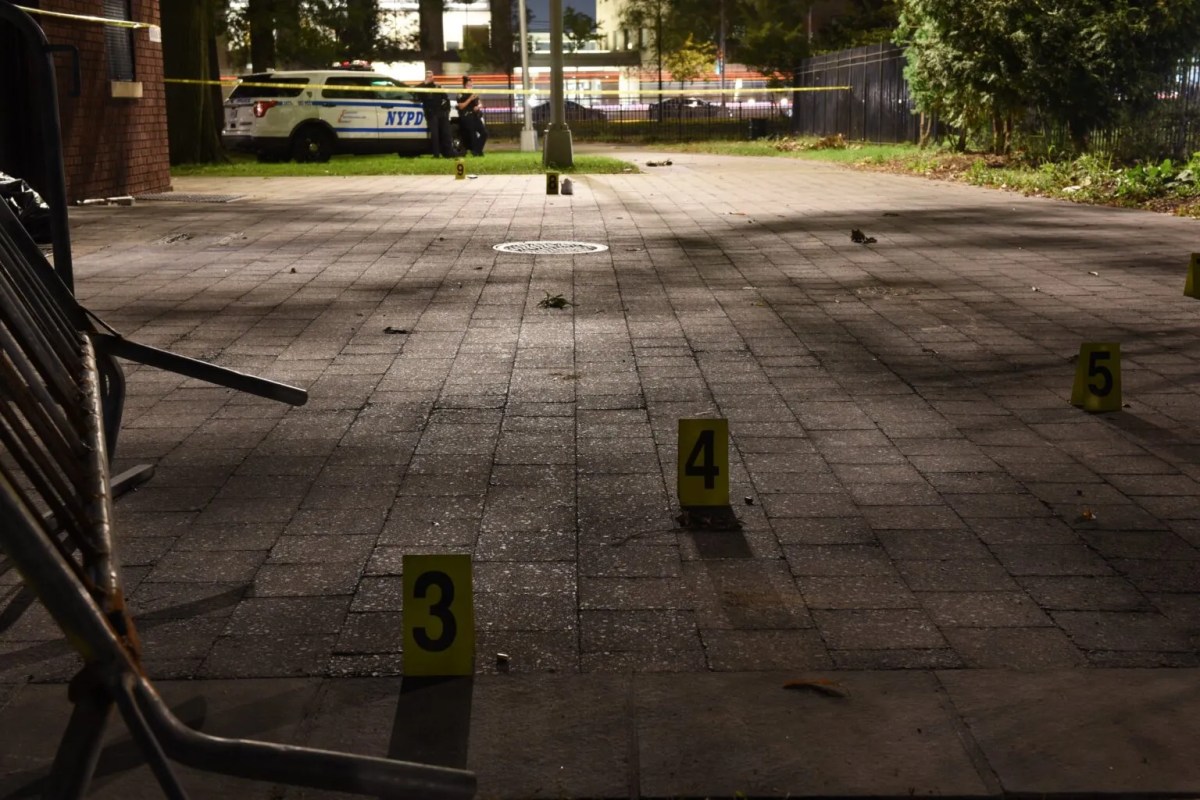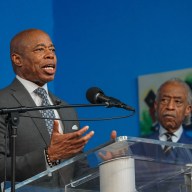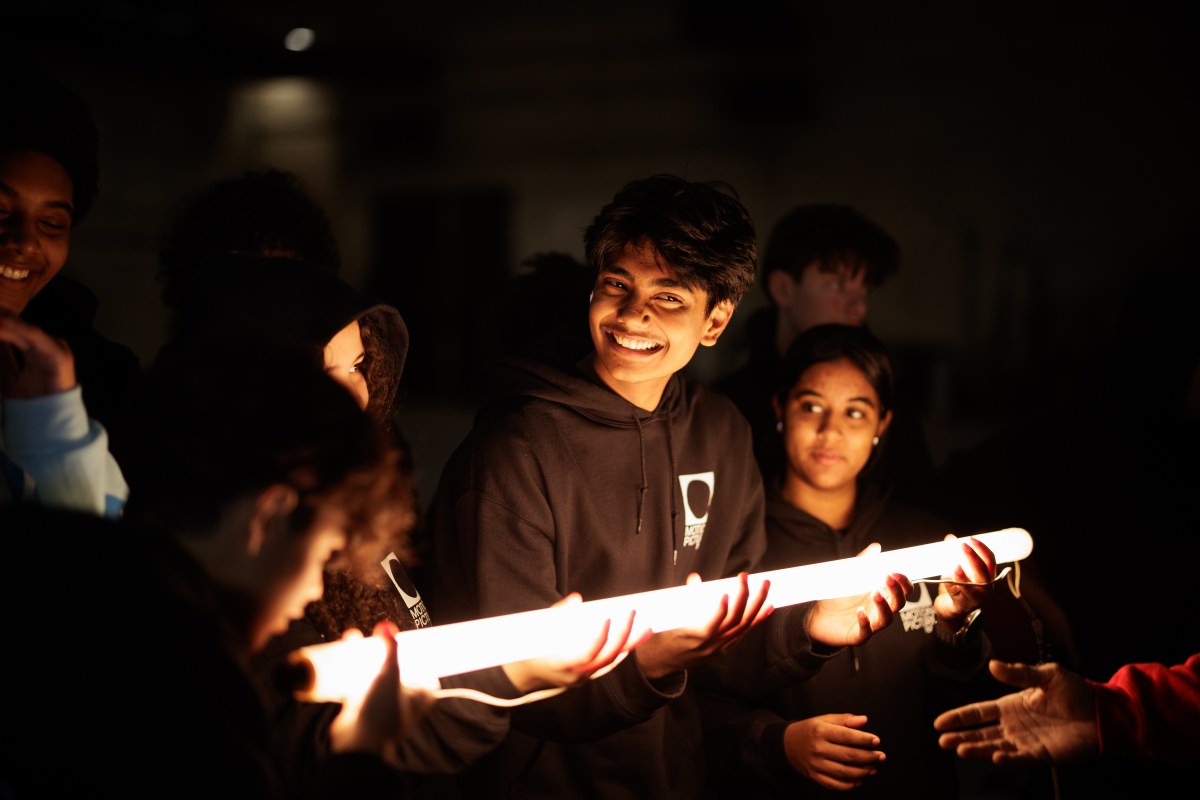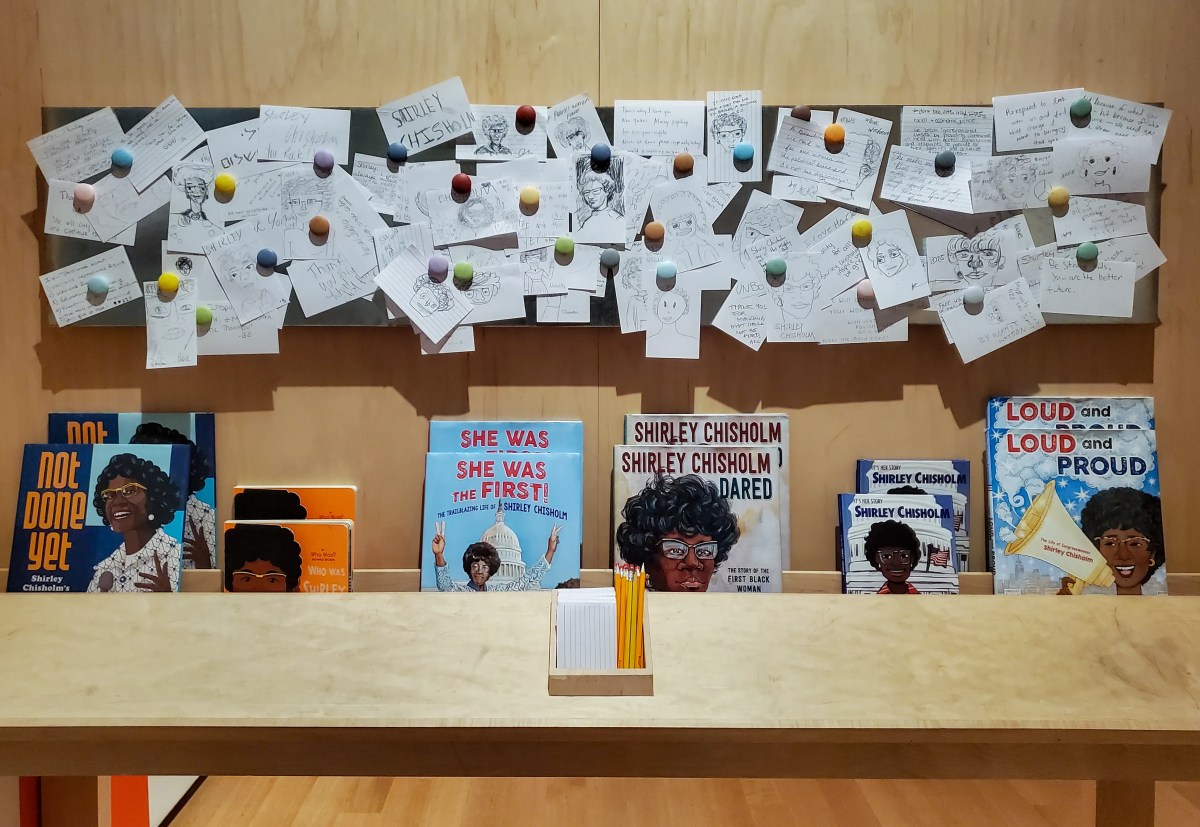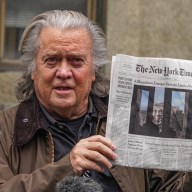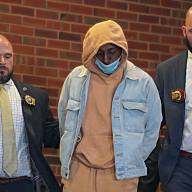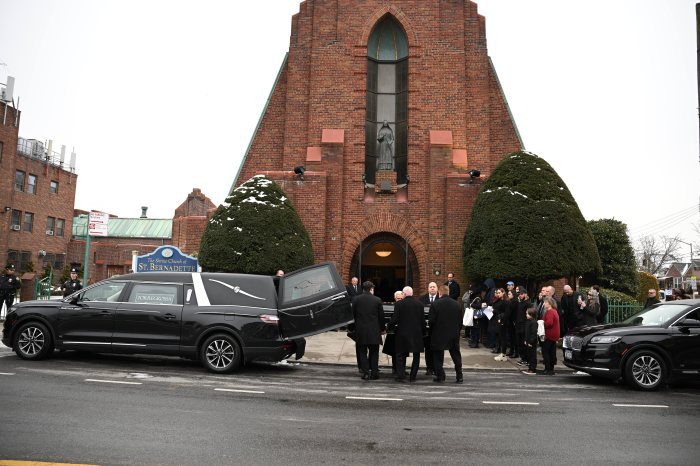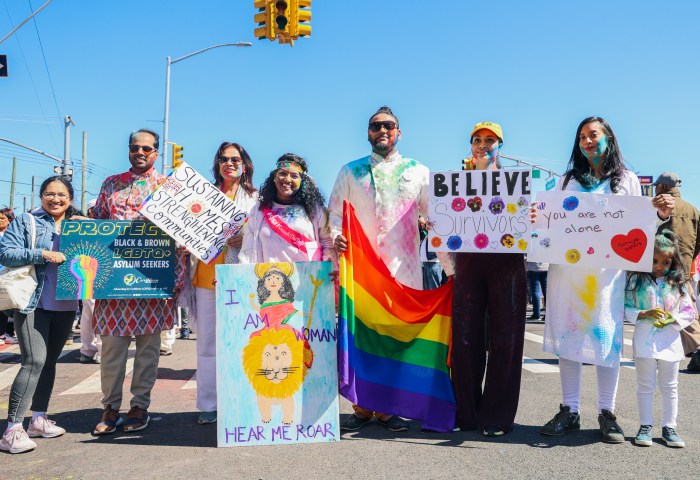New York City is known for its incredible museums, so it’s no wonder that curator hopefuls flock here looking for jobs. But since “museum curation” isn’t a common degree field, it can be unclear what kind of education and experience is required for the job. To answer this question, we chatted with Beth Citron, a curator of modern and contemporary art at the Rubin Museum of Art in Chelsea, which focuses on connections between contemporary life and art from the Himalayas, India, and surrounding areas. The Rubin currently has five curators, who do everything from organizing exhibitions to finding donors of art and funding, to enticing visitors to come see their work. Curating is a job done by those who love it, as the hours are long — eight-12 per day plus after-hours events — and salaries often top out at $100,000, Citron said.
What are the degree requirements for this position?
It depends on the institution. At the Rubin we strongly prefer curators to have completed a PhD or working on a PhD, and that’s really about making sure our curators are experts in their fields. We want people to be really knowledgeable. Art history is the most common field [for a curator’s PhD]. It’s also possible that somebody with a degree in anthropology could be a great fit to be a museum curator or in what’s called area studies, let’s say South Asian studies or Tibetan Studies in the case of our museum.
Are people with these credentials marketable to all museums?
If you have your PhD in art history in any field you might find a fit at an encyclopedic institution like the Metropolitan Museum of Art or a smaller institution. … And there are institutions in New York like the Guggenheim and MoMa for whom a PhD isn’t essential. That’s something that we’re a little bit stricter about.
What talents do people need?
We look for somebody with a great eye for the visual material that they work on, who can write really well and communicate really well; [who has] a network of colleagues who regard that person really well. Generally it’s great to have a good sense of humor in curatorial work, so when we interview somebody we want to see that they can handle the kind of day-to-day stresses and unusual stresses that this work sometimes presents.
What’s an example of something that can go wrong on the job?
For example, the exhibition I’m that working on that opens March 11, Genesis [Breyer] P-Orridge “Try to Altar Everything”, one of the sculptures in the exhibition requires real-live marigolds to be placed on top of it. And we learned when we were trying to do a photoshoot with the object that it’s pretty impossible to get marigolds in New York in February, they’re highly out of season. And so we kind of [went on] a wild goose chase ordering marigolds and having them shipped here and they arrived literally one minute before we had to leave to go to the artist’s studio to shoot the piece.
Does it require any unusual skills?
I had the opportunity to travel with the artist Genesis to Kathmandu this past fall and it’s a really stressful time in Nepal right now following last year’s earthquake and with an ongoing fuel crisis so being able to handle yourself in kind of unusual situations, whether local or global, is a really great [ability] for this kind of work.
What kind of hobbies demonstrate an interest in the field?
That’s really very individual because we are so specialized [at the Rubin] that hobbies may or may not play into somebody’s work here. But for somebody who is just starting out, if they have an active social media presence and writes blog posts about culture it can be a great way to show interest in the field. And that can be really an asset whether you want to be a curator or work in museums in a different field as well.
How should someone act in an interview?
I love to see that people have a really rigorous way of thinking and are disciplined about how they approach their work, and that they seem diplomatic and have discretion is really key to this kind of work. I personally love to work with people who are sharp and very quick but that’s just my personality and preference.
How do you think someone should dress for it?
I err on the side of formal for interviews and I think that for a museum job, women should wear I would say either a suit or a blazer with a dress, if they’re comfortable wearing dresses and skirts. And men should probably wear a suit as well, a tie also.
Are candidates asked to offer any ideas for the job?
The way I got my position here is I applied to a posting which seemed quite broad for this institution, looking for somebody in modern Asian art and I came to the interview the then-chief curator asked me,‘if you had to organize a series of three exhibitions on modern Indian art what would they be?’ And I said they would be on figuration, abstraction and landscape, in that order, and that’s actually what we wound up doing over the course of the next two years. So those are definitely the kinds of questions that we would ask in interviews.
Any general tips for recent grads who are looking for jobs?
Well first I’d like to let you know about our Museum College Career Workshop on April 8th, for people who may be interested in a museum career, more broadly. In terms of what job seekers should do, as cliched as it is, I think you just have to keep at it, whatever your passion is. And really, find a way to do your work if you can’t find a job yet. If you want to be a curator, and there are no jobs and you’re looking and you’re looking, organize a show in your living room, find a friend to organize a show with in a public space. Find a way to do what you want to do and learn the skills even if the job isn’t there yet because it will come eventually.
IF YOU GO
Museum College Career Workshop
Friday, April 8, 4-6 p.m.
Rubin Museum of Art Education Center
132 W. 17th St.
Free; RSVP at Rubinmuseum.org/events
